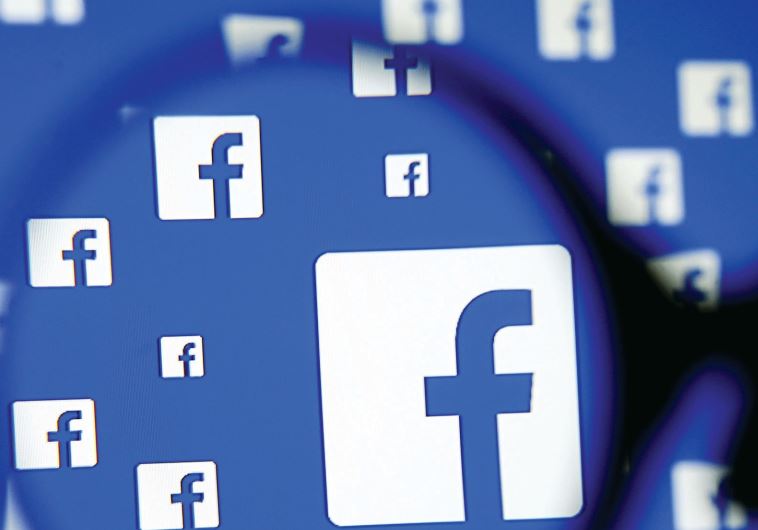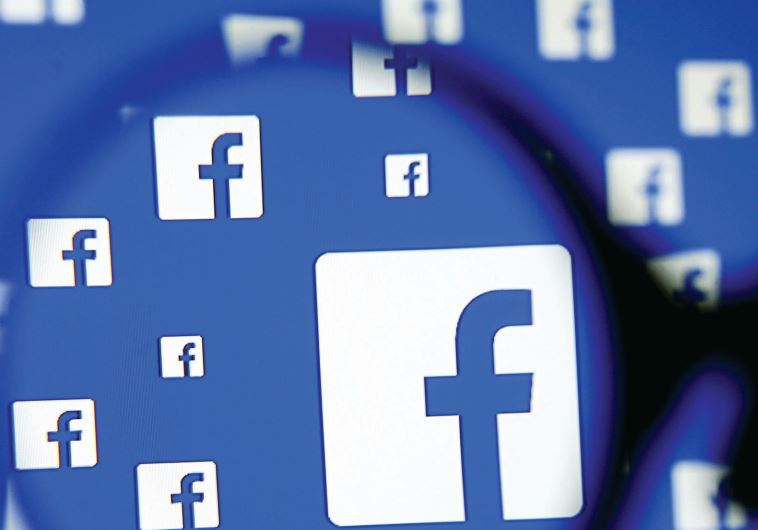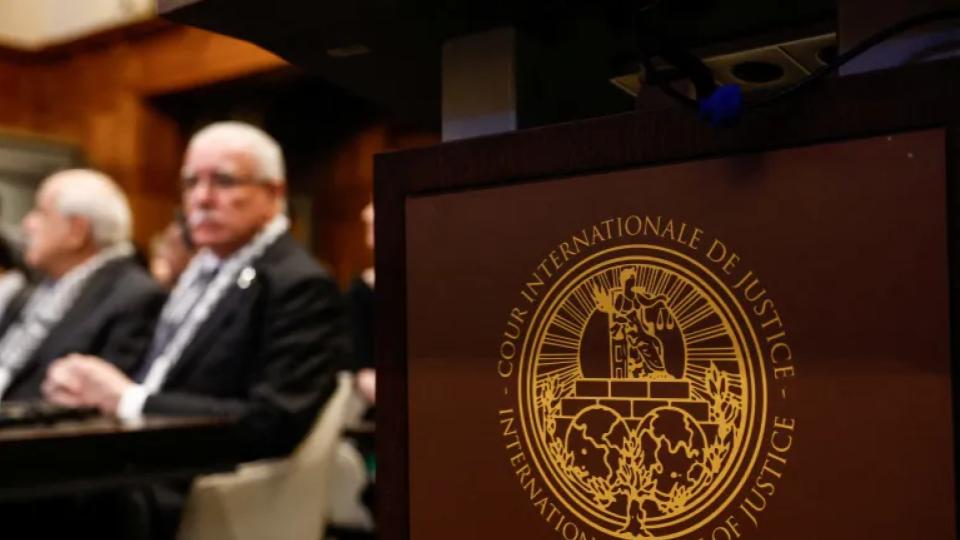Facebook posts may help detect mental disorders: study
Fri 28 Oct 2016, 12:20:44
Facebook status, 'likes' and even photos could help improve the detection of mental disorders, according to a new study which suggests that social networks may help provide support and interventions.
Researchers from the University of Cambridge in the UK said social networking sites might be harnessed to provide data to help further our understanding of the onset and early years of mental illness.
"Facebook is hugely popular and could provide us with a wealth of data to improve our knowledge of mental health disorders such as depression and schizophrenia," said Dr Becky Inkster, the study's lead-author.
Inkster and colleagues argue that Facebook might be used to help improve the detection of mental health factors.Michal Kosinski, co-author from Stanford Graduate Business School in the US, said that Facebook data tends to be more reliable than offline self-reported information, while still reflecting an individual's offline behaviours.
It also enables researchers to measure content that is difficult to assess offline, such as conversation intensity, and to reach sample sizes previously unobtainable.Status updates, shares and likes can provide a wealth of information about users, they said.
By analysing the language, emotions and topics used in status updates, the researchers said that it may be possible to look for symptoms or early signs of mental illness.Even photographs might provide new insights;
Facebook is the world's largest photo sharing website, with some 350 million photos uploaded daily, and automated picture analysis of emotional facial expressions might offer unique representations of offline behaviours, researchers said.
Facebook is the world's largest photo sharing website, with some 350 million photos uploaded daily, and automated picture analysis of emotional facial expressions might offer unique representations of offline behaviours, researchers said.
Researchers suggest that the use of therapies based on users' Facebook pictures and timelines could be trialled as possible ways to use online social networks to support individuals.
This might assist with accessing autobiographical memories, which can be impaired in conditions such as depression, and for improving cognition and mood with older patients, similar to offline therapies for early dementia.
"Facebook relationships may help those with reduced self-esteem and provide companionship for individuals who are socially isolated," said Inkster."We know that socially isolated adolescents are more likely to suffer from depression and suicidal thoughts, so these online stepping stones could encourage patients to reform offline social connections," said Inkster.
These online - potentially leading to offline - social connections can provide support for vulnerable individuals such as homeless youth, a population at increased risk of mental health problems.
Research has shown that this support is associated with a reduction in their alcohol intake and a decrease in depression-like symptoms.The study was published in the journal Lancet Psychiatry.
No Comments For This Post, Be first to write a Comment.
Most viewed from International
Most viewed from World
AIMIM News
Latest Urdu News
Most Viewed
May 26, 2020
Do you think Canada-India relations will improve under New PM Mark Carney?
Latest Videos View All
Like Us
Home
About Us
Advertise With Us
All Polls
Epaper Archives
Privacy Policy
Contact Us
Download Etemaad App
© 2025 Etemaad Daily News, All Rights Reserved.




.jpg)
.jpg)








.jpg)





.jpg)
.jpg)
.jpg)
.jpg)
.jpg)
.jpg)
.jpg)

















